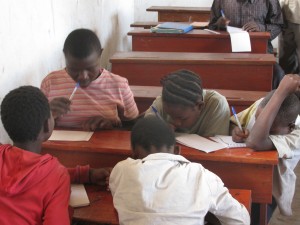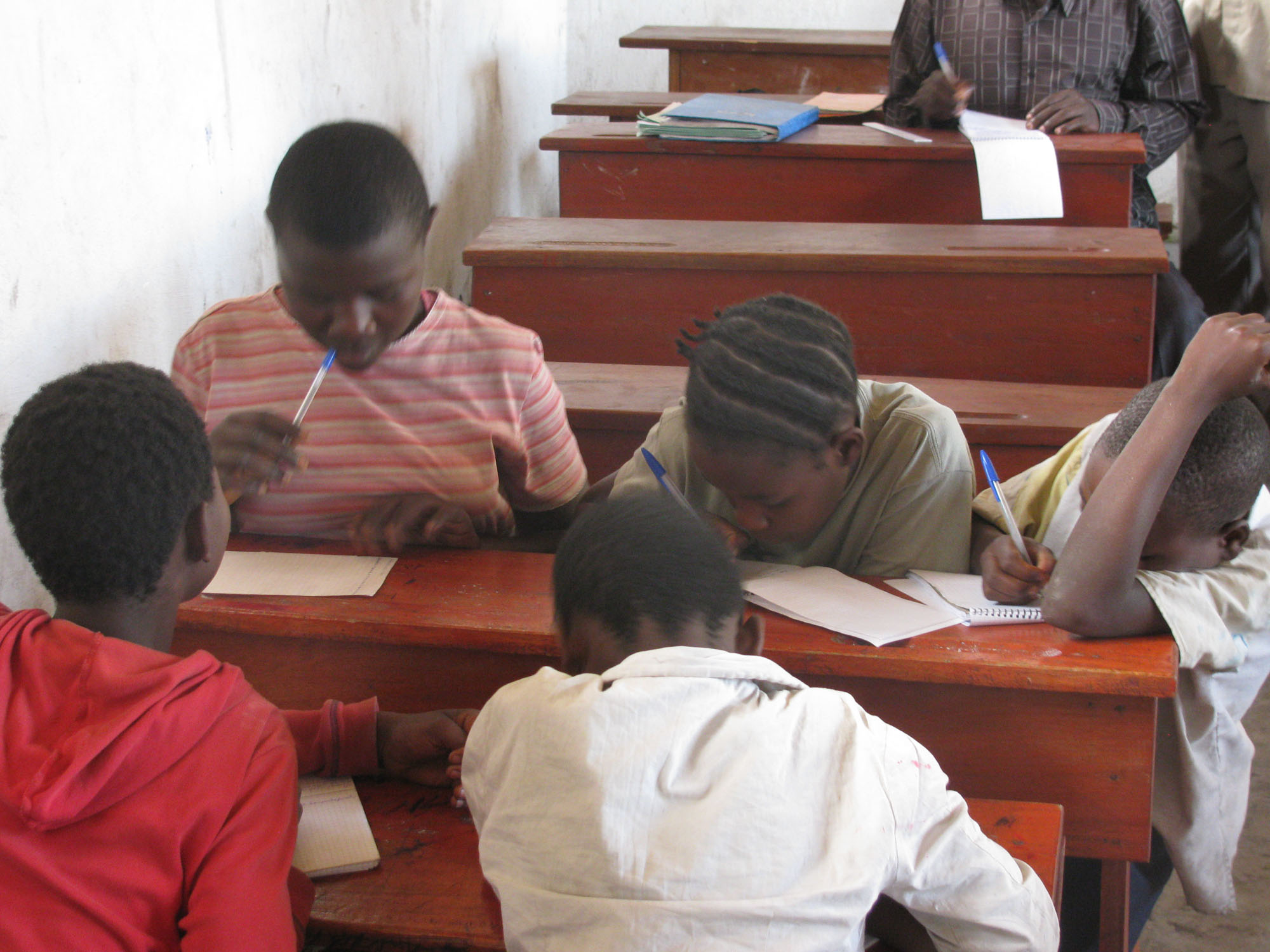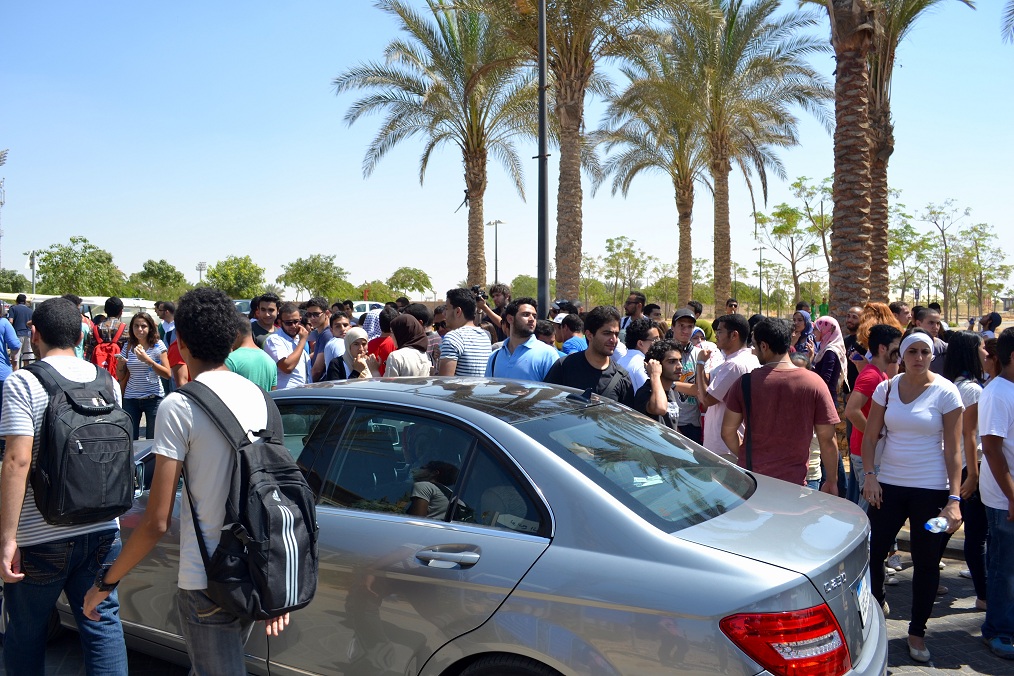
KINSHASA (AFP) – Fighting between the army and troops who have deserted resumed Monday, after a week of relative calm, in the eastern Nord-Kivu province of the Democratic Republic of Congo, mutineers said.
The armed forces (FARDC) “are starting to attack us with heavy weaponry on a hill close to Mbuzi”, one of the three hills where the mutineers have set up strongholds, said Lieutenant-Colonel Vianney Kazarama, spokesman for the deserters, who have formed a March 23 Movement (M23).
Before returning fire, “we are waiting, we are going to talk to partners. We’re informing MONUSCO (the UN mission in DR Congo) to tell them that the FARDC should cease attacks to give a chance” to young people to take their high school graduation exams in “serenity”, Kazarama added.
High school exams begun Monday throughout the whole of the vast central African country.
The government announced that it had taken steps to enable young people in the Rutshuru territory, where the fighting began more than a month ago, to take the exams in spite of the clashes.
“We have gathered all those who are in the zone of unrest between Jomba and surrounding places, in Bunagana,” on the border with Uganda, where they will benefit from “the protection of the army and MONUSCO,” government spokesman Lambert Mende told AFP.
Fighting began in May between the FARDC and former rebels of the National Congress for the Defence of the People (CNDP), who deserted military ranks in protest at what they called bad treatment.
They demanded the full implementation of peace accords signed on March 23, 2009, under which they were integrated into military ranks.
The clashes between M23 and the army have displaced more than 200,000 people, while 20,000 others have fled across borders into neighbouring Rwanda and Uganda.
“Even those” pupils who fled into Uganda have “come back to take their exam at Bunagana”, Mende said.
M23 has asked the army to “abstain from any war initiative” during the exams so that pupils can “tackle this test peacefully”, according to a communique dated Sunday and signed by the leader of the movement, Colonel Sultani Makenga.



